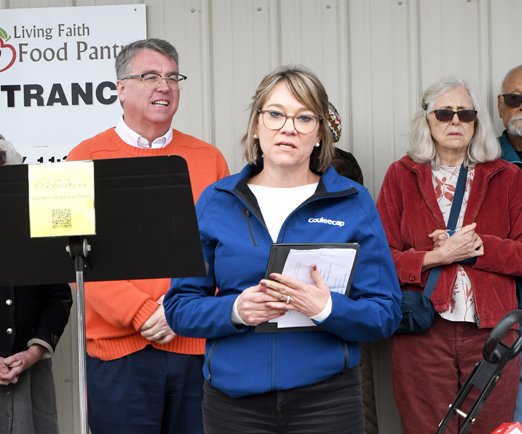PLATTEVILLE — The Platteville Common Council is trying to find ways to stretch the city’s budget dollars further in 2013 and beyond.
The Common Council told city staff to prepare a budget with no net spending increase for city operations when the council held its first budget work session in July.
The city reduced personnel costs in 2011 by requiring employees to contribute to their benefits, as allowed under public employee collective bargaining reforms passed by the Legislature, and by reducing hourly staff from 40 to 37½ hours per week.
This year, the city replaced several positions through attrition, including replacing the park and recreation director and a recreation coordinator position with a park and recreation coordinator, and contracting out cleaning services. Future plans are to replace positions in the Department of Public Works so that positions are partially funded through water and sewer revenues instead of solely through city tax revenues.
The council, meanwhile, has been hashing out how much money the city should spend on capital improvements over the next few years.
The council was unable to reach a consensus through two work sessions in July and August on how much the city should spend on capital projects in 2013.
Big-ticket items on the late-August version of the Capital Improvement Plan include $1.01 million for work on Broadway between Main Street and Stevens Street, $600,000 for Evergreen Road (for which the city is seeking a state grant to fund half), $585,000 for Stonebridge Road, and a new police car estimated at $29,000.
Future requested projects include $2.09 million in work on Broadway between Stevens Street and Madison Street, ventilation systems in the Municipal Building, a new 2½-ton dump truck, and a new mini-pumper and brush fire truck in 2014
The city is considering changing its financial management plan to officially increase its borrowing limit from $1,000 per resident to $2,000 per resident.
The city has two borrowing limits, $1,000 per resident and 3.5 percent of equalized value. The $1,000-per-resident limit has been exceeded every year since 2006. Changing the per-resident limit would increase the debt limit to $22.676 million, though the 3.5-percent-equalized-value limit has a lower debt limit, $19.525 million.
The city’s debt totaled $17.614 million as of the end of 2011. State law limits municipal debt to 5 percent of equalized value, which in Platteville totals almost $27.9 million.
Increasing the per-resident limit would allow more borrowing for infrastructure improvements.




